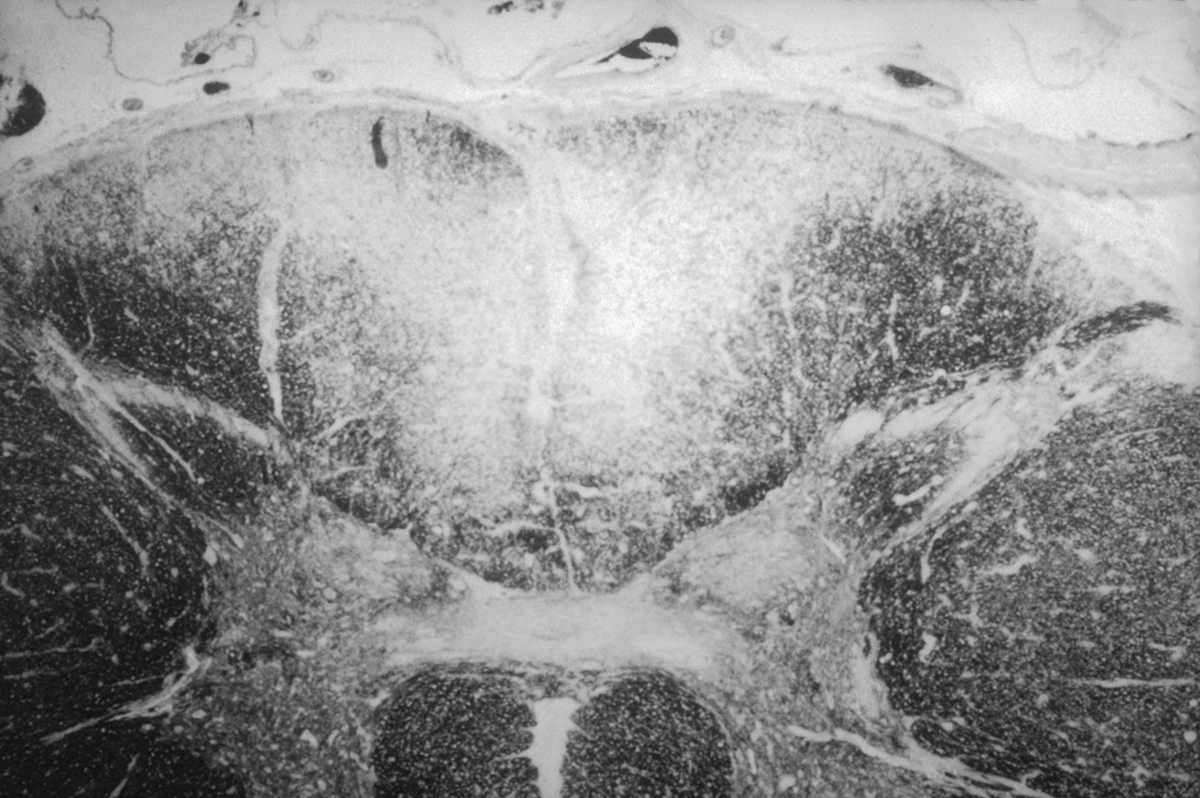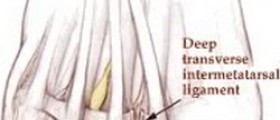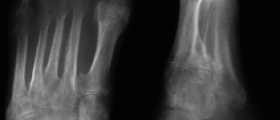
Information on Paresthesia
Paresthesia is a medical condition in which a person experiences tingling, numbness or pricking of the skin which have no evident physical cause. Most people refer to this condition as the feeling of pins and needles. Transient causes of this condition usually get triggered when a superficial nerve gets exposed to inadvertent pressure.
As the pressure gets relieved the condition gradually disappears on its own. Chronic cases of paresthesia may be very painful and they are triggered by numerous other factors and medical conditions. The tingling and the numbness which is so characteristic for this medical condition can actually occur at any region of the human body and they can be triggered by numerous different types of disorders and ailments.
All these sensations that occur without any evident cause are medically referred to as paresthesias. Other types of this medical condition may include certain symptoms such as feelings of cold, skin crawling, warmth, itching and burning sensations.
All the aforementioned sensations actually occur when the human body loses the normal sensitivity to touch. Pricking and tickling sensations may also be present in some cases. In order to determine if there is a presence or paresthesia one needs to compare the affected area with some other unaffected areas.
Causes of Paresthesia
Nerve cells carry all different types of sensation to the brain. Paresthesias get triggered by certain disturbance in the way these nerve cells actually function. The disturbance may occur in the brain and the spinal cord which actually make up the central nervous system. The most common cause of paresthesias is the so called peripheral disturbance which involves a condition called ischemia.
Ischemia is a medical condition in which a nerve does not get enough blood supplies. Another cause of paresthesia may be direct compression of a nerve. Chronic compression can lead to numerous severe conditions such as carpal tunnel syndrome. Numerous different types of nutritional or metabolic disturbances can also be some of the causes of paresthesias.
These may or may not include diabetes, vitamin B12 deficiency, hypothyroidism, malnutrition, and alcoholism. Traumatic injuries can crush, pull or sever the nerves which may also lead to the occurrence of paresthesias.
Numerous different types of inflammatory conditions can also trigger paresthesias. Different types of connective tissue diseases such as arthritis, Sjogren’s syndrome, systemic lupus erythematosus and polyarteritis nodosa can be potential causes of paresthesias as well. Paresthesias can also be triggered by toxic substances, malignancy, numerous different types of infections and hereditary diseases.


-in-Multiple-Sclerosis_f_280x120.jpg)














Your thoughts on this
Loading...